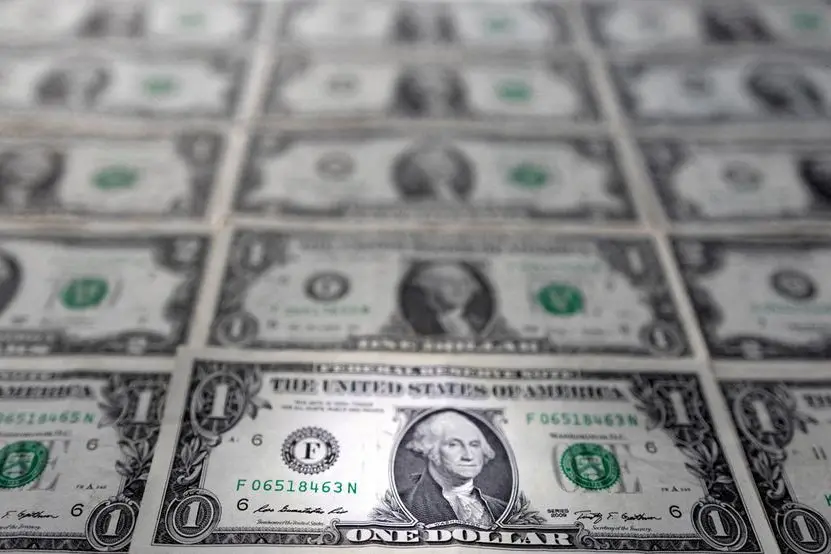PHOTO
The dollar was little changed on Thursday as investors digested mixed U.S. economic data, while the British pound rose ahead of the government's budget update.
The greenback has tumbled in recent weeks as inflation data and comments from Federal Reserve officials have suggested that the central bank can soon slow the pace of its punishing interest rate hikes.
Yet the dollar paused on Thursday after U.S. retail sales data for October, released on Wednesday, came in stronger than expected.
The euro was flat against the dollar at $1.039, after hitting its highest level since July at $1.048 on Tuesday.
The dollar index, which measures the currency against six major peers, was unchanged at 106.27. The index has fallen more than 7% since hitting a 20-year high in September, although remained around 10% higher for the year on Thursday.
"Markets have positioned for the Fed to pivot (but) the U.S. retail sales data very much challenges that narrative," said Commonwealth Bank of Australia currency strategist Kim Mundy.
Simon Harvey, senior FX analyst at Monex Europe, said the dollar was treading water as investors try to work out the direction of the U.S. economy.
"The positive consumption data suggests we don't have a hard landing coming (for the economy). But is that positive for risk assets or will it embolden the Fed to go harder?" he said.
Harvey said the biggest price action could be in the British pound when finance minister Jeremy Hunt announces the government's budget plans later on Thursday. He is expected to raise taxes and cut spending, despite a looming recession, in an effort to bolster Britain's reputation with markets and cool inflation.
Sterling was up 0.18% against the dollar to $1.193 in morning trading in London and rose by a similar amount against the euro.
Traders will also scrutinise speeches from numerous Fed officials on Thursday for hints about rate hikes. Regional Fed Presidents Raphael Bostic, Loretta Mester and Neel Kashkari are all due to speak.
Hawkish remarks from Fed officials overnight added to doubts about a shift in policy, with San Francisco Fed President Mary Daly - until recently one of the most dovish officials - saying a pause was off the table.
The dollar fell 0.2% against the Japanese yen on Thursday to 139.28 as it continued to trade around its lowest level for three months. It plunged 3.7% on Thursday last week when U.S. consumer inflation data for October came in lower than expected.
China's yuan weakened 0.36% to 7.126 per dollar as new COVID cases caused concerns that officials could order more lockdowns.
The Aussie dollar was 0.15% lower at $0.673, while the Kiwi was up 0.28% at $0.616.
(Reporting by Harry Robertson and Tom Westbrook; Editing by Gerry Doyle and Alex Richardson)





















